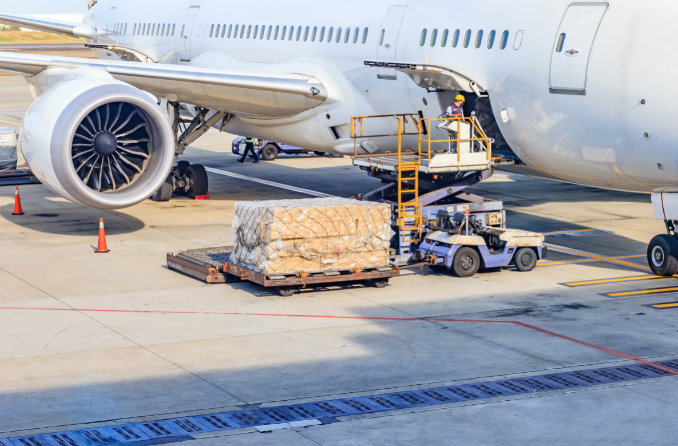
The prices charged by airlines for carrying cargo are expected to fall drastically over the coming months despite the recent improving financial health of the sector, according to the International Air Transport Association (IATA).
During the IATA’s annual general meeting in Istanbul (4-6 June), the trade body predicted that overall industry revenues will reach $803bn this year, up by 9.7% when compared to 2022 but down by 4.1% on 2019’s numbers.
Air travel is expected to approach its pre-pandemic levels soon, with almost 4.35bn people expected to travel by plane in 2023. This increased demand is likely to drive down the rates charged by airlines for moving freight internationally.
Cargo rates
According to IATA, increased passenger capacity is expected to result in more space becoming available for cargo as more flights result in more ‘belly-space’ being available.
Cargo volumes are expected slip to 57.8m tonnes in 2023, below the 61.5m tonnes carried in 2019.
Air Cargo news reports that rates continued to fall in May, with average rates on the Hong Kong-to-North America route down 2.5% compared to April and 47.7% when compared to the same time last year.
Warning signs for cargo
Analysis from the Baltic Exchange Index – a key measure of air freight demand – found “warning signs” of a softening of the market, including a drop in the Asia air cargo market at time when international and domestic travel was increasing.
The BAI believes that it is possible that “airfreight will (eventually) regress down to its 2019 levels based on diminished requirement.”
More than a cycle
Analysts expect these problems to last beyond the normal price cycle for airfreight, which sees rates rise and fall over the course of a cycle lasting between six months to a year.
Bruce Chan, global logistics director for Stifel, told the Loadstar that air cargo demand has seen weaker demand than normal so far this year, driven partly by weakening economic conditions.
Chan said that oversupply could become a chronic issue for the air freight industry, unless the issue is tackled post-summer:
“Airlines may have even over-built for demand, in our view, and it will take time for capacity to moderate after the summer surge wanes.”



